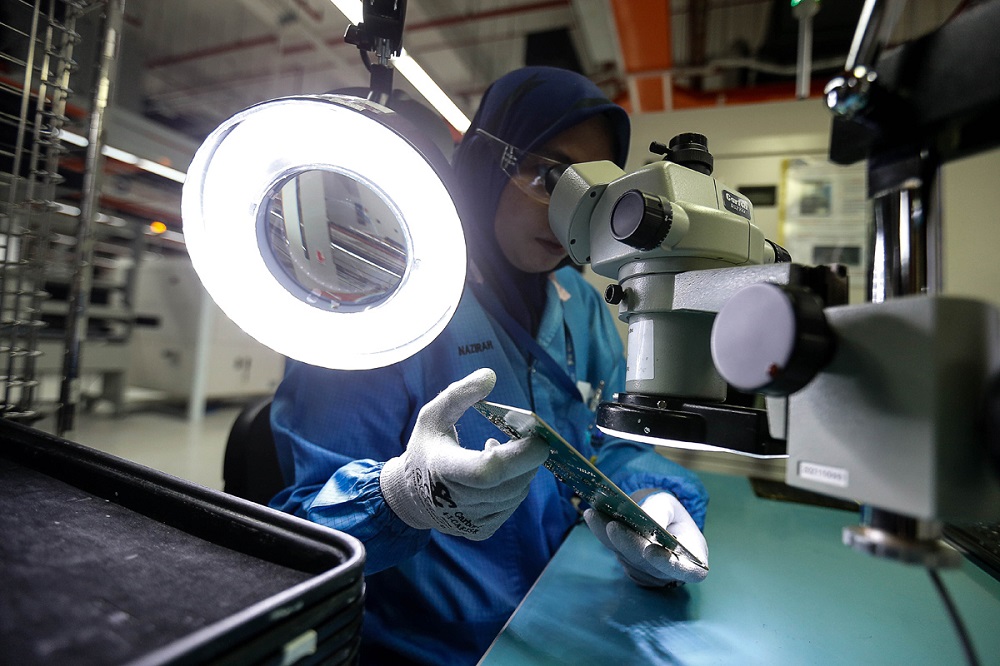KUALA LUMPUR, May 31 — The decision to allow several sectors to continue to operate during the movement control order (MCO) 3.0 period is crucial to safeguard the wellbeing of the people and to ensure the supply chain continuity for essential products and services.
Supply chains are complex ecosystem comprising people, operations, technologies, and information connecting the producer and the buyer through a network of entities and resources, the Ministry of Finance (MoF) said in a statement today.
“For the supply chain to function smoothly, it said all of these elements need to work in tandem to ensure efficiency.
“While there is a need to contain the Covid-19 pandemic efficiently, there is also a need to prevent any disruption to the manufacturing value chain that could threaten the continued production of goods and services feeding into essential industries such as food, health/medical equipment, pharmaceuticals, goods such as soap and detergents (in the context of maintaining hygiene during this pandemic) and telecommunications,” it said.
Learning from the lessons of MCO 1.0, the MoF said the government has also allowed the related value chain of essential goods, such as packing and labelling, to operate.
“The recent National Security Council’s (MKN) decision on the sectors that remain open during MCO 3.0 include economically strategic industries such as the aerospace industry, oil and gas, manufacturing, and electrical and electronics (E&E) sectors.
“For the E&E sector, for example, the government recognises the fact that thousands of components manufactured by this sector enable critical infrastructure globally, such as healthcare and medical devices, water systems, and energy grids, as well as transportation and telecommunication networks,” it said.
It said the E&E components produced in Malaysia have also facilitated e-commerce and remote working in the new norm.
The ministry said the E&E sector represents 40 per cent or RM386 billion of Malaysia’s annual exports, and approximately 7.0 per cent of global semiconductor trade.
“In one instance, Malaysia is critical as the sole production site for aluminium substrate for all hard drives being produced by a factory in Johor, for onward feeding into the company’s global supply chain.
“Additionally, in 2020, about RM15 billion of fresh investments in the E&E sector had been approved, and set to create 20,000 more jobs for Malaysians.”
As such, the ministry said even the short-term closure of the E&E sector could disrupt supplies from Malaysia, and jeopardise essential goods not only in Malaysia but also the rest of the world, particularly during these challenging Covid times.
“It will also have a long-term impact of diverting trade and investment from Malaysia, and hurting Malaysia’s competitiveness in the global value chain. We already experienced this through MCO 1.0 when various Malaysian manufacturers reported that their orders had been diverted to other producing countries including China,” it added.
To mitigate the Covid-19 transmission risk, the government, through enhanced monitoring and enforcement, will ensure that factories in Malaysia will strictly comply with the Standard Operating Procedures which limit physical presence at the workplace to 60 per cent. — Bernama






















